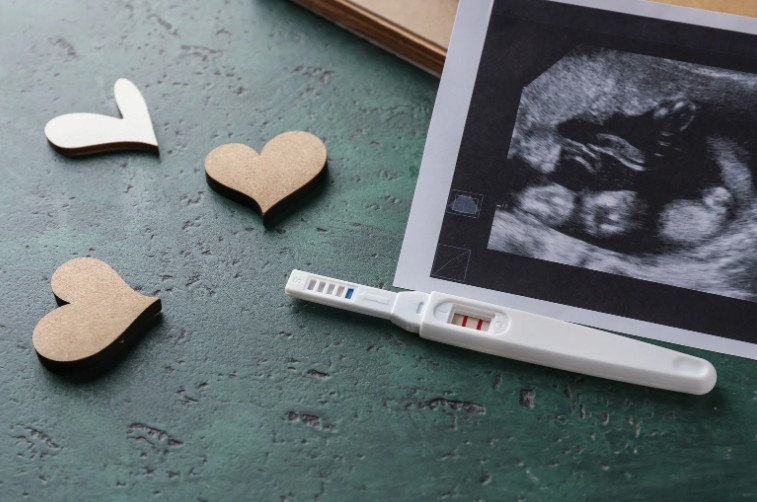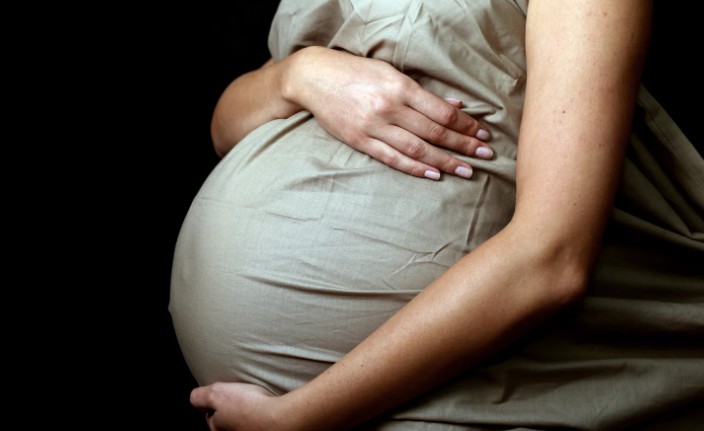If you’re preparing for maternity leave and unsure about what financial help is available and seeking how much is maternity allowance, you’re not alone.
Many expectant mothers in the UK aren’t entitled to Statutory Maternity Pay (SMP) — especially those who are self-employed, in casual work, or have recently left employment.
In these situations, Maternity Allowance can be a crucial source of support.
This guide will walk you through everything you need to know about Maternity Allowance in 2025, including how much is maternity allowance, who qualifies, how it works if you’re unemployed, and then how it aligns with advantages like Universal Credit.
How Much is Maternity Allowance in the UK in 2025?
As of 2025, the standard Maternity Allowance payment is £184.03 per week, which can be paid for a total of up to 39 weeks.
The allowance is non-taxable and issued by the Department for Work and Pensions (DWP), typically on a two- or four-week basis.
Your exact payment depends on how much you earned during a set time period known as the test period — the 66 weeks leading up to your due date.
If your earnings meet or exceed a certain threshold, you’ll get the full weekly amount.
If not, you may receive 90% of your average weekly earnings, or a lower fixed rate if your National Insurance (NI) contributions are limited.
Maternity Allowance Calculator – Estimate Your Potential Payment
To get an estimate of how much you could receive, the GOV.UK website provides an official Maternity Allowance calculator.
This tool helps you assess your eligibility and payment level by reviewing your work history and earnings.
You’ll be asked to:
- Confirm your due date
- Detail your work over the past 66 weeks
- Opt your largest income 13 weeks within that period
Based on your responses, the calculator estimates your weekly payment — either the full rate of £184.03, 90% of your earnings, or the reduced £27 rate.
While the tool won’t replace an official application, it offers a helpful overview to guide your expectations.

How Much is Maternity Allowance If Unemployed in the UK?
Being unemployed at the time of applying does not necessarily disqualify you from receiving Maternity Allowance.
If you’ve worked within the 66-week qualifying period before your baby’s due date, you may still meet the criteria.
You could be eligible if:
- You worked or were self-employed for at least 26 weeks
- You obtained £30 or more for at least 13 of those weeks
- You have paid sufficient NI contributions, especially if you were self-employed
So, even if you’re not currently working, you may still qualify based on your past employment. If your National Insurance contributions are low, you might be offered a reduced payment of £27 per week.
Can You Receive Maternity Allowance and Universal Credit Together?
Yes, but receiving Maternity Allowance will likely affect how much Universal Credit you’re paid.
The DWP treats Maternity Allowance as income when calculating Universal Credit. For every £1 of Maternity Allowance you receive, your Universal Credit entitlement is reduced by £1.
This means that in many cases, while you’re getting the full weekly allowance, your Universal Credit payment may be temporarily reduced to zero.
Once your Maternity Allowance ends, your Universal Credit payments can resume or increase, depending on your circumstances.
It’s essential to report your Maternity Allowance to Universal Credit immediately so that adjustments are made accurately.

Who Can Claim Maternity Allowance in 2025?
Maternity Allowance is specifically for the people who don’t be permitted for Statutory Maternity Pay.
It supports women in a variety of employment situations, such as the self-employed, those in short-term roles, or women who have recently stopped working.
To qualify, you must:
- Have worked (employed/self-employed) for a minimum time period of 26 weeks during the 66 weeks before your due date
- Have got £30 or more per week for a minimum of 13 of those weeks
- Have paid Class 1 or Class 2 National Insurance contributions
- Not be getting Statutory Maternity Pay from an employer
You’ll also need to obtain a MATB1 certificate from your midwife once you’re 20 weeks into your pregnancy.
Overview Table: Maternity Allowance Eligibility
| Requirement | Details |
| Employment | 26 weeks in past 66 weeks |
| Minimum Earnings | £30/week for 13 weeks |
| NI Contributions | Class 1 or Class 2 required |
| Certificate | MATB1 from a midwife |
| SMP Eligibility | Not eligible for SMP |
Maternity Allowance vs. Statutory Maternity Pay (SMP)
While both SMP and Maternity Allowance provide financial support, they are different in terms of eligibility and how they’re paid.
Here’s how they compare:
- SMP is paid by your employer, while Maternity Allowance is paid by the government
- To receive SMP, you need unbroken employment with one employer for a period of 26 weeks
- Maternity Allowance allows more flexibility — ideal for people with multiple jobs, self-employed work, or interrupted job history
Key Comparison: SMP vs Maternity Allowance
| Feature | SMP | Maternity Allowance |
| Paid By | Employer | DWP |
| Work Requirements | Continuous with one employer | Flexible |
| Max Weekly Payment | £184.03 (after 6 weeks at 90%) | £184.03 |
| Duration | 39 weeks | 39 weeks |
How Is Maternity Allowance Worked Out?
The DWP bases your payment on your highest-earning 13 weeks during the 66 weeks before your baby’s due date.
You don’t have to pick consecutive weeks — you can choose the weeks where you earned the most, even if they’re spaced apart.
If you’re self-employed, the cash you are entitled to depends on your National Insurance contribution history.
The more you’ve contributed, the higher your entitlement. If your contributions are below the threshold, you might qualify for the lower £27 per week rate.

Applying for Maternity Allowance – A Step-by-Step Guide
Here is how you apply for Maternity Allowance in 2025 that you can follow:
- Download Form MA1 from GOV.UK or request a paper copy by phone
- Fill in your personal, work, and income details
- Ask your midwife for a MATB1 certificate once you’ve reached 20 weeks of pregnancy.
- Gather documents like payslips, bank statements, or tax returns to prove your income
- Post your completed application and supporting documents to the address provided on the form
You can apply once you’re 26 weeks pregnant, and payments may begin as early as 11 weeks before your baby is due.
How Long Does a Maternity Allowance Decision Take?
After your form is submitted, the DWP typically takes between two and four weeks to process your application.
If approved, your payments will begin from the start date you’ve chosen — often 11 weeks before your baby is due.
If your claim is denied, you have the right to challenge the decision by requesting a mandatory reconsideration.
2025 Maternity Allowance Overview Table
| Feature | Description |
| Weekly Amount | Up to £184.03 |
| Minimum Rate | £27 per week |
| Length of Payment | Up to 39 weeks |
| Payment Frequency | Every 2 or 4 weeks |
| Taxable | No |
| Application Forms | MA1 and MATB1 |
| Paid By | DWP |
| Processing Time | Around 2–4 weeks |
Final Thoughts: Plan Ahead with the Right Information
Maternity Allowance can be a lifeline if you don’t qualify for Statutory Maternity Pay. Whether you’re employed, self-employed, or recently out of work, it’s worth checking if you’re eligible.
By using the official calculator, gathering the correct documents, and applying on time, you can ensure your financial stability during maternity leave.
If you’re unsure about anything, reach out to Citizens Advice, Maternity Action, or check the official GOV.UK website for accurate, up-to-date guidance.
Frequently Asked Questions On How Much is Maternity Allowance
1. Can I do any work while receiving Maternity Allowance?
Yes. You are allowed to work up to 10 Keeping in Touch (KIT) days without affecting your payment. Any work beyond this could end your allowance.
2. Does Maternity Allowance affect Housing Benefit or other support?
It might. Maternity Allowance is considered income and can reduce income-related benefits such as Housing Benefit, Council Tax Support, and Universal Credit.
3. What happens if I give birth early?
Should your baby arrive ahead of schedule, Maternity Allowance can be claimed starting the day after the birth Make sure to update the DWP with your new circumstances.


Leave a Reply